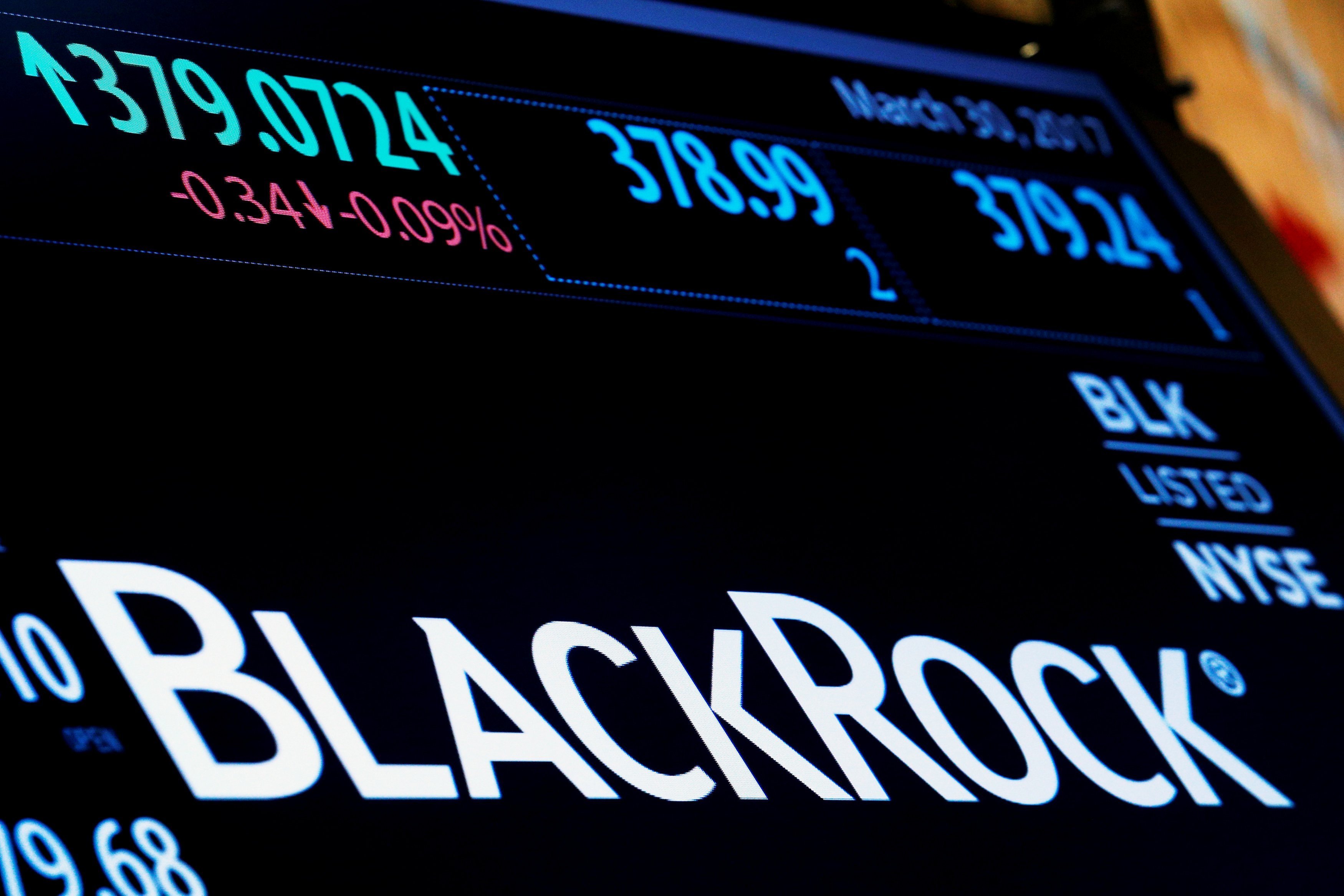Why US Republicans and Fink (BlackRock) are at war

The sustainable investments of Larry Fink, chief executive of BlackRock, have both climate activists and Republicans arguing in favor of fossil fuels. Bloomberg explains why
For being someone who attracts record streams from investors, Larry Fink, the chief executive of BlackRock Inc., is receiving a lot of criticism these days.
Climate activists accuse him of talking about "hot air," while pro-fossil Republicans have begun to blackRock their states. The one thing the two sides have in common is that neither side seems to like Fink's approach to sustainable investing, Bloomberg reports.
Fink, whose company now manages more than $ 10 trillion, sent his 10th annual letter to fellow CEOs on Monday. In it, Fink reaffirmed that his devotion to capitalism is what drives him, and that divestment from oil, gas and coal companies is not expected. But the 69-year-old also spoke of the inevitable move away from fossil fuels and warned companies not to cling to business models that will leave them mired in the transition to renewable fuels.
His efforts to find a balance have drawn criticism from environmentalists. Lara Cuvelier, an activist with the non-profit organization Reclaim Finance, said Fink is going "to fight for fossil gas as well as for oil." She and others stressed the urgency of decarbonisation, as scientists warn the world needs to end its dependence on fossil fuels.
The International Energy Agency has made it clear that there is no room to continue investing in new oil, gas and coal projects if the temperature rise is to be kept within the critical 1.5 degrees Celsius threshold.
"In his letter, Larry Fink is trying to be everything to everyone and this is not true leadership," said Casey Harrell, senior strategist at Sunrise Project, an Australian-based environmental nonprofit.
Ben Cushing, head of the campaign for fossil-free finance at the Sierra Club, said Fink's annual letter was filled with "vague rhetoric." Cushing and other climate activists have highlighted BlackRock's continued investments in some of the world's largest greenhouse gas emitters, with Reclaim Finance and Urgewald estimating last year that the asset manager had about $ 85 billion invested in companies. coal.
BlackRock officials declined to comment.
BlackRock is also alienating itself from conservative politicians in American states that depend on fossil fuels. Fink's letter was published the same day West Virginia treasurer Republican Riley Moore said he would order BlackRock no longer be used as part of state banking.
The decision was based on concerns that the New York-based firm "urged companies to embrace 'net zero' investment strategies that would harm the coal, oil and natural gas industries while increasing investment. in Chinese companies that subvert national interests and damage West Virginia's manufacturing base and labor market, ”according to Moore's statement.
A number of other US states have issued similar warnings as lawmakers scrutinize potential boycotts of investment companies lobbying companies to cut their CO2 emissions. These include Alaska, North Dakota, and Texas.
Fink, meanwhile, is using a lot more ink to try and explain his position to interested parties. This year's letter came to roughly 3,300 words, approaching 10 times the length of the first she wrote in 2012.
Over the years, Fink has coined phrases like "inclusive capitalism" and "climate risk is the risk of investment," and he's been credited with elevating the conversation around environmental, social and governance principles. BlackRock's record of ESG voting, however, drew criticism.
An analysis by ShareAction, a British non-profit organization, found that BlackRock voted in favor of resolutions aimed at protecting the environment 53% of the time during the most recent delegation season, compared to an average of 70% for members of the Net Zero Asset Managers Initiative climate change group.
BlackRock's overall voting history has improved, having claimed 40% of total resolutions assessed in 2021, up from 12% in 2020 and 7% in 2019, and setting the firm's record ahead of rivals such as Vanguard Group and State. Street Global Advisors.
For now, much of the debate around ESG investing focuses on the environment. And while there is widespread acceptance of the need to replace fossil fuels with renewable energy, there is no broad agreement on how quickly this should happen.
Steven Geiger, president of Innova Partners, said the transition should focus on demand, not supply. "Only suicides cut the fuel from a plane's engine before installing a new one," he said.
And some of the world's best-known investors say divesting fossil fuels too quickly is bad. Ray Dalio, the founder of Bridgewater Associates hedge fund, this week praised the oil and gas industries for continuing to pump.
"Thank God for the oil producers," Dalio said on Monday during the Abu Dhabi Sustainability Week Summit. He called for a "smart" shift to a green economy and warned that it was dangerous to "cram" too much into the transition phase.
Ultimately, Fink's ESG branding helps tilt his company into a sustainable investment area that is gaining huge inflows, without disengaging from the fossil fuel industry.
"Larry Fink wants climate action," Cuvelier told Reclaim Finance. "But not too much".
(Extract from the foreign press review by eprcomunicazione )
This is a machine translation from Italian language of a post published on Start Magazine at the URL https://www.startmag.it/energia/perche-repubblicani-usa-e-fink-blackrock-guerreggiano/ on Sat, 22 Jan 2022 06:12:26 +0000.
